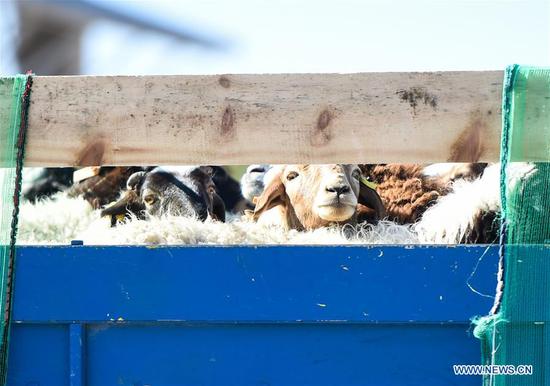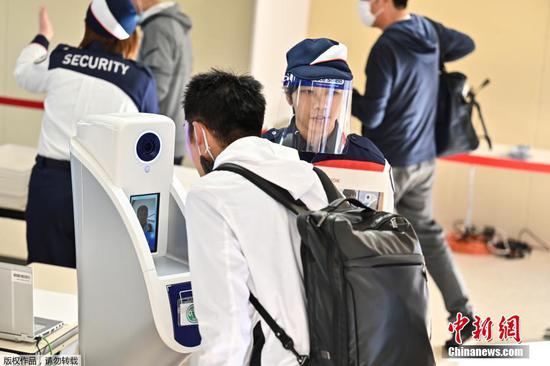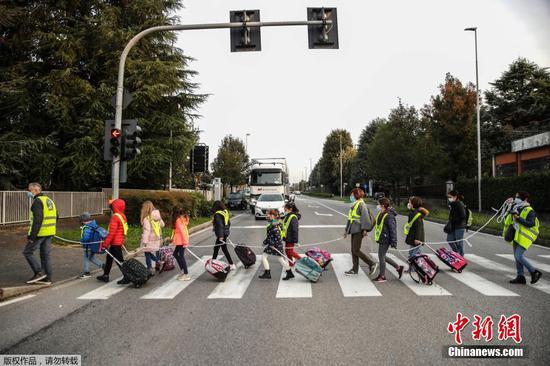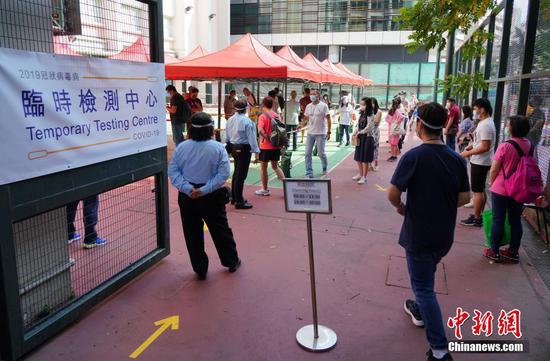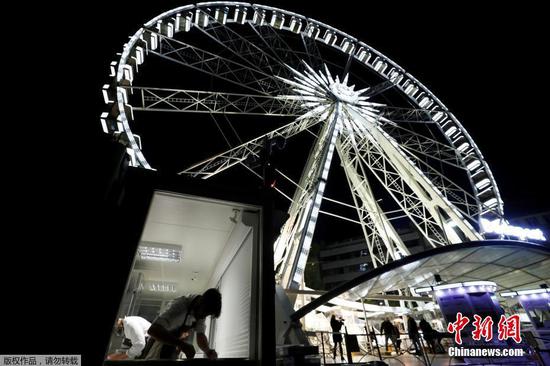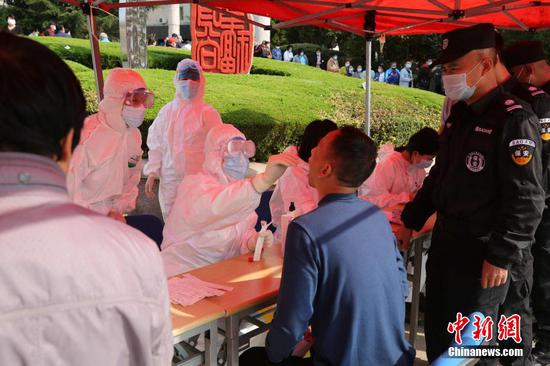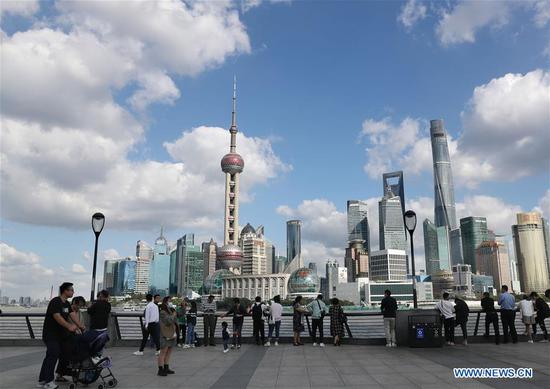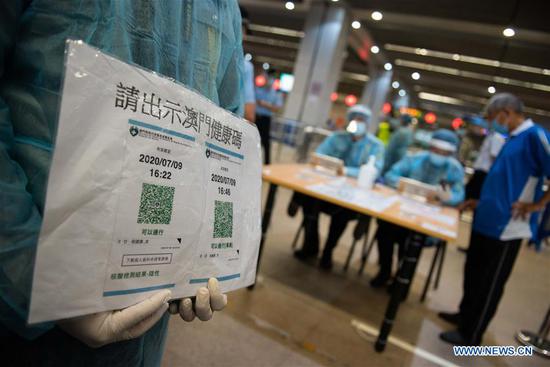Campaign aims to weed out counterfeit, shoddy goods sold on online platforms
China has launched a special campaign targeting various illegal activities and irregularities on e-commerce to protect consumers' rights with the arrival of the year-end peak season for online shopping.
As part of efforts to regulate the cybermarket, authorities from different departments will unite to fight sales of counterfeit or shoddy goods online, especially those that affect people's lives and health such as food, drugs, cosmetics, medical equipment and personal protection items for COVID-19, according to a circular released by the State Administration for Market Regulation over the weekend.
The campaign, which lasts until the end of the year, also includes intensified law enforcement over the illegal advertising and trading of wildlife and related products online, including releasing or spreading information on social media about illegally hunting, killing or eating wild animals.
Law enforcement officers will also focus on new forms of e-commerce such as livestreaming promotions and sales, and will punish illegal activities.
Intensified supervision will also be placed on major e-commerce platforms to ensure they assume responsibilities in online shopping to protect consumers' rights. Unfair competition or monopolies will also be severely punished, the circular said.
The campaign was launched ahead of the peak season for online shopping near the end of the year in China.
E-commerce has been developing rapidly in China in recent years. Last year, total retail sales online reached 10.6 trillion yuan ($1.6 trillion), an increase of 16.5 percent year-on-year, according to the National Bureau of Statistics.
"Launching the campaign targeting the concerns of online shoppers, such as sales of fake products, ahead of Nov 11 can urge various major e-commerce platforms to place importance on the supervision of retailers to improve services and to provide a good environment for shoppers," said Meng Huixin, an e-commerce analyst based in Hangzhou, Zhejiang province.
Various e-commerce platforms are conducting activities to attract spending for the Singles Day shopping spree on Nov 11, so launching the campaign can be a deterrent against irregularities, she said.
Online sales usually peak on that day, when major e-commerce platforms conduct promotions, including discounts, to boost consumer spending. Tmall, a shopping platform owned by e-commerce giant Alibaba, alone registered sales volume of more than 268 billion yuan on Nov 11 last year.
Amid the rapid development of e-commerce, complaints from consumers regarding online shopping persist, including issues with fake promotions, substandard products and difficulty in obtaining services after purchase, such as refunds.
To reduce irregularities in e-commerce, it is important that e-commerce platforms intensify supervision over sellers on the platforms so that they run their businesses strictly according to the law and regulations, Meng said.












